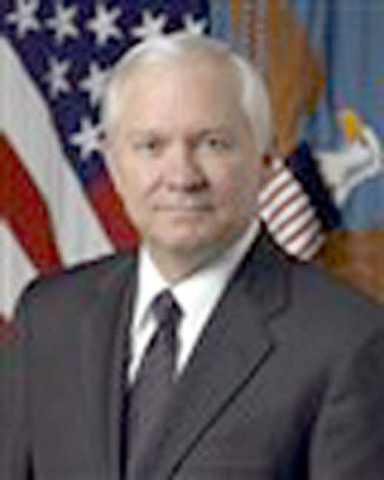With all but its most senior soldiers having known no Army except the one that has deployed relentlessly for a decade, the service faces numerous challenges in the years to come, Defense Secretary Robert M. Gates told students Thursday at Fort Leonard Wood, Mo.
In a question-and-answer session during a visit to the U.S. Army Engineer School, Gates said Gen. Martin E. Dempsey, Army chief of staff, has ambitious plans to help the Army adapt to a new reality.
“I think the next step for the Army is resetting after Afghanistan and a resumption of full-spectrum training,” the secretary said.
With so little time at their home stations between deployments over the past 10 years, he explained, the only unit training soldiers have been receiving has been for their next deployment. By fall or early winter, he added, all Army units should be on a cycle of two years at their home stations between one-year deployments, allowing full-spectrum training to resume.
Two other aspects of the high deployment tempo will pose a challenge for the Army going forward, Gates said.
“The first is that because of the pace of deployments over the last 10 years, we have a lot of brigade and division commanders who don’t have as much experience as garrison commanders,” he said. “They’ve been so busy deploying and preparing to deploy that dealing with an Army that is on post with their families for two years is something that not very many of them have much experience with.”
The second, he said, stems from the high degree of independence the Army’s NCOs and company-grade officers have enjoyed and the varied nature of their work during their combat deployments that often required them to innovate.
“They’ve had the opportunity to do a variety of things, from fighting the enemy to building roads to meeting with village shuras and mediating disputes. ... So they’ve been given a lot of responsibility and a lot of independence, and they’re accustomed to taking responsibility,” the secretary said.
Gates: Challenges ahead for Army


Sign up for our e-newsletters